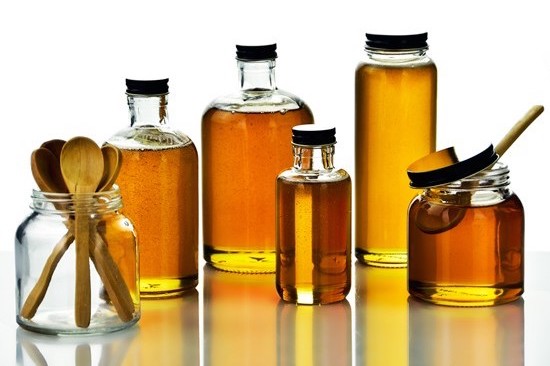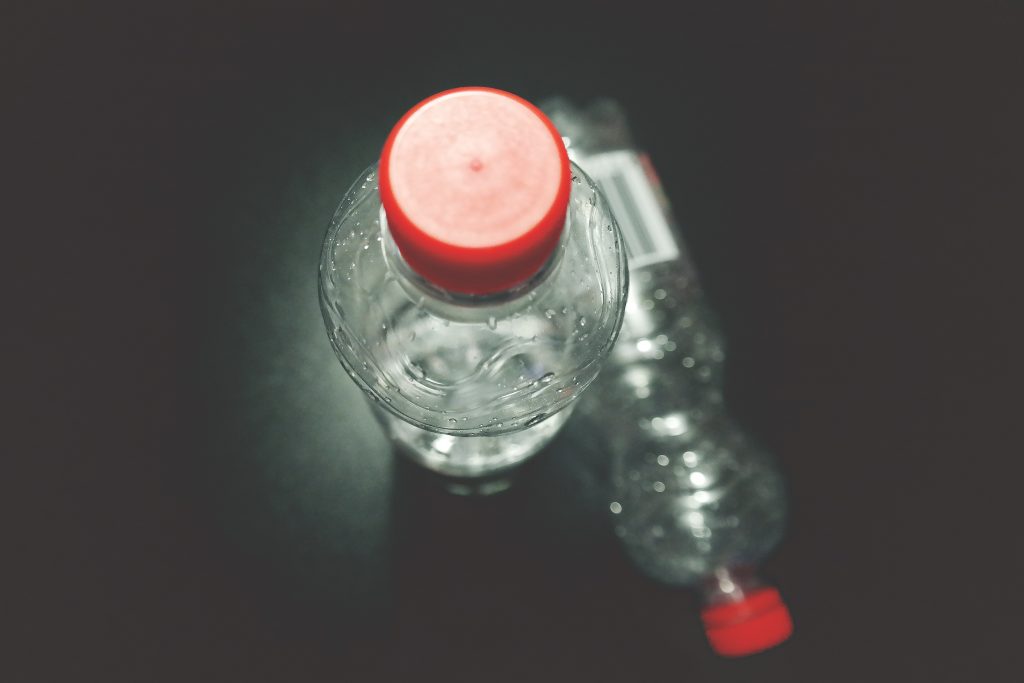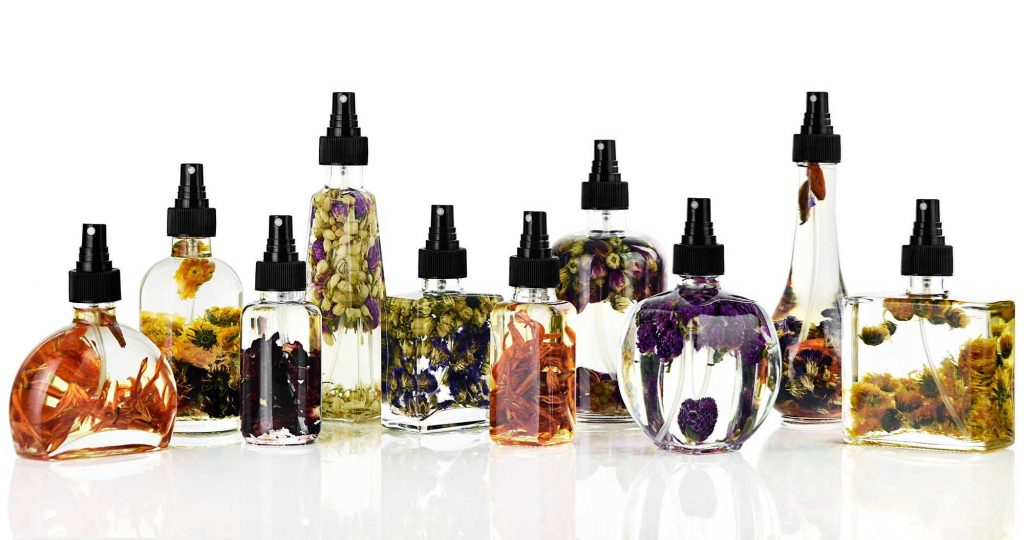There is ongoing competition between plastic and glass packaging. Glass remains the king of manufacturing for industries like alcoholic beverages, cosmetics, and fragrances. Meanwhile, plastic is preferred for products like condiments, bottled water, and home cleaners. To make the decision on what will work best for your products, consider several things. The needs of the product, consumer preferences in your product category, and the budget you have to work with. Let’s explore some of what each has to offer.
Advantages of Glass Packaging

As wholesalers of glass packaging, Glassnow knows a thing or two about its benefits. Check out just a few of the most important ones below.
FDA-Safe (No Chemical Leaking)
Many manufacturers may not know, but glass is the only packaging material regarded by the Food and Drug Administration as GRAS, or Generally Regarded as Safe. In short, this means that glass containers will not interact negatively with the contents within. This is especially important for products that can be sensitive to their packagings, like pharmaceuticals or alcohol. Alternative packaging options, like plastic, can often leach chemicals from its manufacturing process into the contents inside, potentially compromising the product.
Premium Look and Feel
There is a high-quality feeling with products packaged in glass. A recent study at the Catholic University of the Sacred Heart experimented with visual & taste-based judgments of plastic & glass-packaged foods. They concluded, “that pleasantness judgment were higher for glass packages than for plastic packages.” Perhaps it’s the weight added by the packaging or the solidity of its structure, but it’s undeniable that consumers associate quality goods with glass packaging.
Multi-Faceted Protection
By its manufactured nature, glass is incredibly inert. Its construction is solid and unmoving, making it ideal for sensitive products. While we’re all familiar with how strong glass is, many don’t realize that this strength also comes in the form of impermeability. Its solidity keeps out oxygen & carbon dioxide much better than thinner alternatives, meaning products stay fresh for longer.
Infinitely Recyclable
Glass is one of the few materials that are infinitely recyclable, meaning that a single container can be recycled endlessly without losing structural integrity. Additionally, glass packaging can be created entirely from other recycled glass products without the creation of new material to bolster its strength. And while the benefits of recycled glass packaging are clearly superior to its competition, it’s also winning in sheer recycling numbers!
| 2015 US Packaging MSW Increments in thousands of tons | Glass Containers | Plastic Containers |
| Generated | 9,120 | 14,680 |
| Recycled | 3,030 | 2,150 |
| Landfilled | 4,890 | 10,070 |
As you can see above, plastic generated 50% more waste than glass in 2015 and yet, more glass containers were recycled. This is a massive win, especially considering 33% of glass containers were recycled, compared to plastic containers at 14%.
Advantages of Plastic Packaging

At Glassnow, you can probably guess that we have a bias when it comes to this particular debate. But that doesn’t mean we can’t acknowledge some of the benefits presented by our plastic competition. Let’s look at a few of them.
Low-Cost Production
When it comes to production, you don’t get much cheaper than plastic. The material is thin and malleable, meaning its melting point is lower than the glass alternative. While this may not outweigh the environmental damage brought on by sourcing oil for plastic production, the energy costs needed to mold glass are high by comparison.
Lighter Transportation
We’ve brought up the weight of glass a few times already as a positive, but one place it is a negative is in transportation. As we said above, plastic is thin and light. A truck full of plastic containers will be much lighter than that of glass ones, meaning lowered fuel and shipping costs. Less weight also translates into the customer’s hands when they’re shopping for your product. Buying in bulk is an accessible option for customers if the product is light and easily brought in from the car.
Strong Flexibility
Squeezing a plastic bottle is a much different experience than squeezing a glass one. The bottle will bend without breaking, even if it is sealed tight. This flexibility is a huge plus to manufacturers in packing & shipping. They can pack more products in a smaller space using plastic rather than glass. Sellers may be willing to trade a premium feel and less protection for packing and selling more products, but only if their sales are moving.
Easier Printing Options
Plastics are more permeable than their glass counterparts. While this means that it’s easier for outside contaminants to find their way through, it’s also easier for labels or prints to stick to them. This branding ease is felt on the production side, where lighter and fewer quantities of adhesive can lower expenses for plastic-packaged goods.
Where Do Industries Stand on Packaging?

With advantages on both sides of this packaging war, it can be difficult to know which side to take. Personally, we’d look no further than some of the biggest industries out there to find what the best option for your products is really.
- Dips and Sauces – For high-quality food products, manufacturers often fill their packaging at very hot temperatures. Doing this sterilizes the container during the filling process, without the need for separate sterilization beforehand. For this reason, these manufacturers prefer solid glass packaging that withstands hot temperatures and won’t melt when filled.
- Honey and Syrups – Moisture is important in sugary products like these. Let the water in, you might ferment the contents; let it out and they’ll crystalize. Manufacturers here prefer impermeable glass to keep these products at the perfect level of decadence.
- Fragrance – Because plastic is permeable, it can be unstable with certain chemicals and breakdown, causing fragrance oils to interact with the external substances. Using inert glass packaging will ensure that your customers savor the smells for years to come.
- Oils and Vinegars – As above, robust oils and vinegar can react negatively with certain packaging they are stored in. Plastic bottles and even metal lids can interact poorly with these acidic oils, spoiling the contents and even making them dangerous to consume. We’d recommend using small glass cruets with a pouring spout to keep these condiments fresh.
- Beverages – The beverage industry must consider glass packaging for products such as carbonated beverages. Exposing carbonated products to the open air for even a few hours will lose all integrity of these bubbly beverages. Packaging them in plastic containers that more easily let in oxygen means shorter shelf-lives for unopened products. Glass bottles with an air-tight seal will give these carbonated drinks long lives & great taste.
It’s clear that many of the most important industries still look to glass packaging to contain their goods. In the war between glass and plastic, glass is most certainly the victor.

